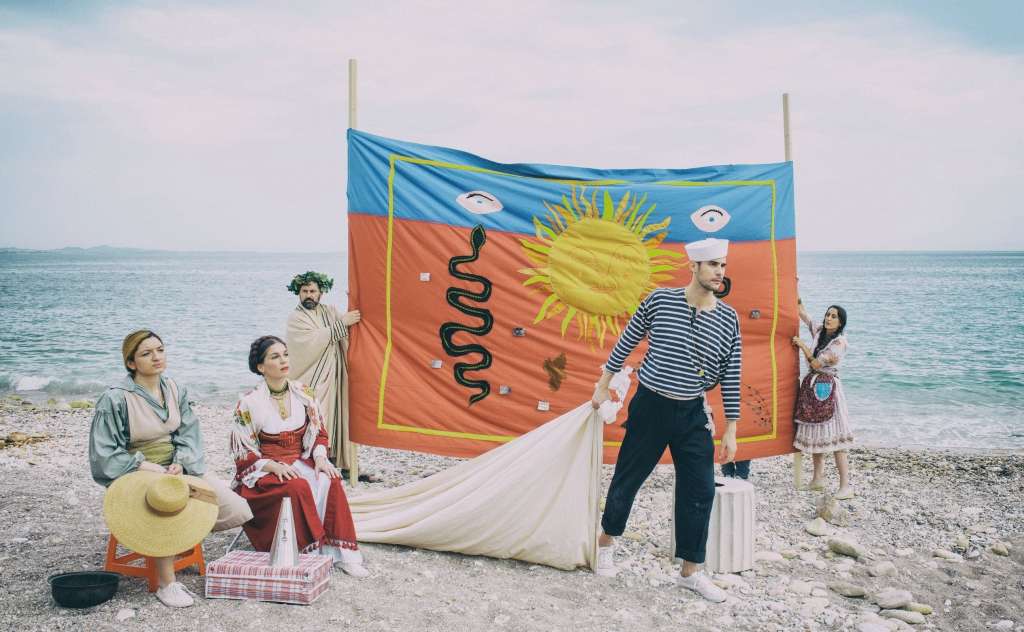"Ploutos (Wealth)" by Aristophanes in the ancient theatre of Gytheio

Spread the word




The National Theatre, in close cooperation with the DIAZOMA Association, thanks to the support of the Ministry of Culture, which warmly embraced the initiative, and with the help of the Regional and Local self-governments, goes outside its narrow geographical boundaries and meets its audience in more than 16 venues culture throughout Greece.
With natural light and sound, the last surviving work of Aristophanes, Plutus, which culminates "elegantly" the poet's experimentation with the comic genre, will be presented in the following ancient theatres of the country: Aegira, Amvrakia, Arcadiko Orchomenos, Gytanon, Gytheio, Demetriados, Eretrias, Zeas, Thorikos, Kaveriou, Kassopi, Maroneia, Mieza, Orchomenou Boeotia, Pleurona and in the Church of Messina.
There is a happy connection between modern culture and monuments of cultural heritage and, at the same time, a valuable synergy between cultural agents, which brings dramatic art and some of its natural spaces to the centre of the life of the local communities.
For Plutus
Old Chremylos goes to the oracle of Delphi to ask Apollo if he should raise his son by teaching him the value of injustice, which will ensure his future prosperity. God does not answer directly but urges him to follow the first person he sees coming out of the oracle. Chremylos follows Apollo's advice and takes after an old blind man. With the help of Carion's servant, he discovers that he is following Plutus. Chremylus' plan is to cure Plutu's blindness with the help of Asclepius so that he can fairly distribute his gifts to the virtuous citizens. Penia (Poverty), who has defended the city until now, tries to stop them, reminding Chremylos and the audience of the need for and value of a measured life. In this argument, however, Penia will lose by state.
Asclepius performs his miracle, and Plutus regains his sight and wisdom. The house of Chremylos gets crowded from the visits received by Plutus. The new situation not only changed the social balance but also disrupted Olympus. Hermes, the messenger of the gods, has become unemployed and asks for help from Pluto, while the Priest in the temple of Zeus is starving because the Athenians have stopped the sacrifices. Finally, prudence prevails, and Plutus, accompanied by Horus, is taken to his old home at the back of the temple of Athena in the Parthenon, where the public money was kept.
With Pluto (338 BC), the last of Aristophanes' surviving comedies, we leave behind the structure and motifs of the Old Comedy and move into the New Comedy. In Plutus, Aristophanes removes the chorus, the transgression, and the sting of playful humour from his verse to turn his attention to the problems of everyday life.

